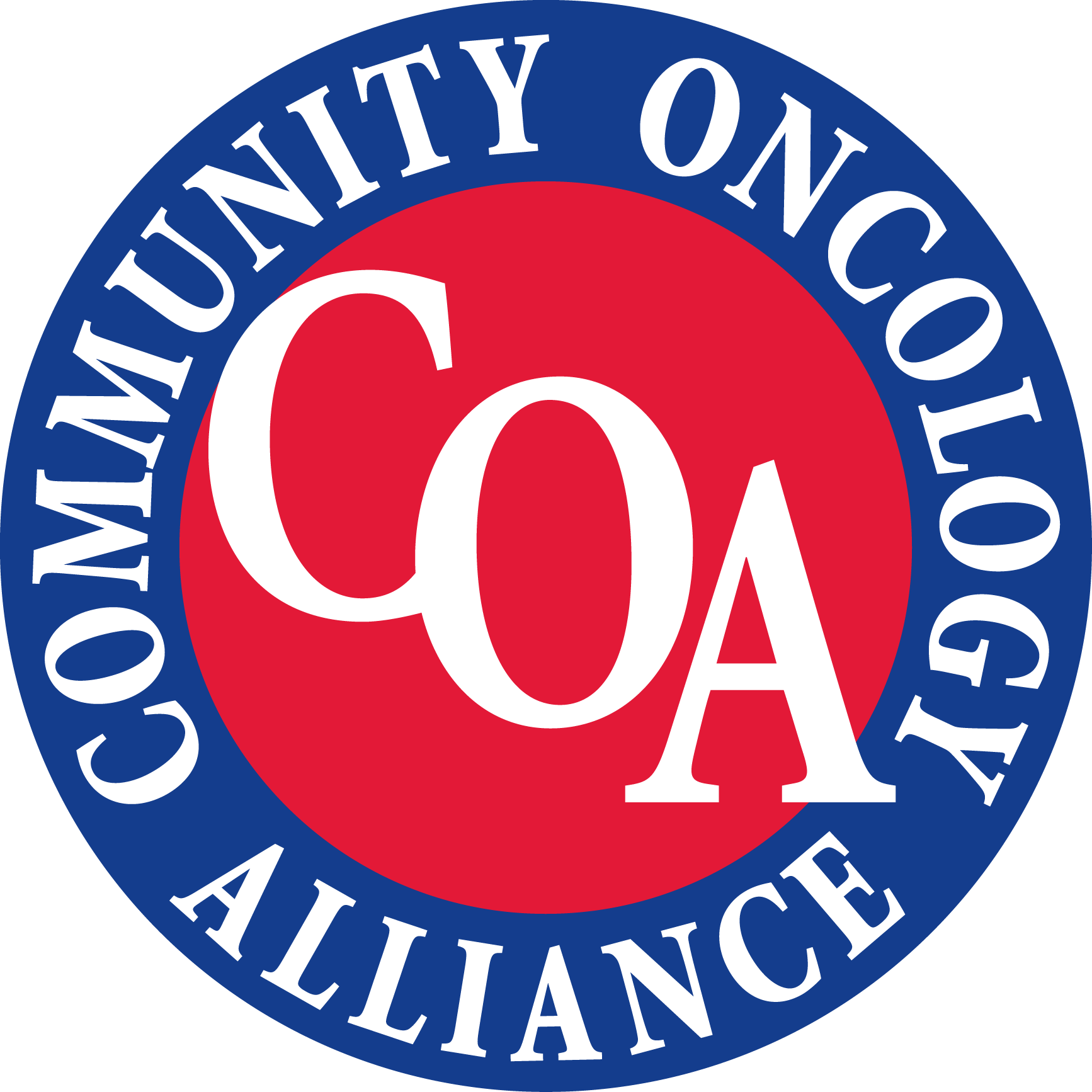
Oncology Care First Is a Big Step Toward Bundled Payments in Cancer Care, Authors Say

While there are similarities to the Oncology Care Model, the new model has features “that could have a substantial impact on practices that choose to participate,” the authors write.
Oncology Care First (OCF), proposed as the successor to the Oncology Care Model (OCM), will be a major step toward shifting cancer care to bundled payments, according to leaders from an emerging network of community oncology practices.
Writing yesterday in JCO Oncology Practice, published by the American Society of Clinical Oncology, authors from OneOncology highlighted 3 key insights about the OCF, which could take effect by January 1, 2021. The Center for Medicare and Medicaid Innovation (CMMI) sent out a Request for Information on November 1, 2019, to replace the OCM, which involves 175 practices in a 5-year pilot to bring risk-sharing strategies to oncology care.
The OCM is built on a fee-for-service (FFS) framework, with practices receiving monthly payments to cover the cost of bringing services to patients that include better care coordination, 24/7 access to medical records, greater access to same-day appointments, and a focus on care planning and survivorship care. Most evaluations of the OCM say it has been good for patients, but that the pricing formulas lag behind the escalating costs of some innovative drugs.
While there are similarities to the OCM, the new model has features “that could have a substantial impact on practices that choose to participate,” the authors write.
The OneOncology authors note the following:
- CMS wants to shift some of the FFS payment to capitation, which “will pose challenges for OCF participants.” Evaluation and management (E/M) services and drug administration fees, which were previously outside the monthly practice transformation fee, would be folded inside it.
- Improved performance-based-payment formulas would do a better job of accommodating rapidly rising drug costs and protect oncologists from being held responsible for events that are beyond their control.
- New requirements may be added to require practices to gather patient-reported outcomes (PROs).
The potential challenges of gathering PROs were noted during a CMMI listening session, and the Community Oncology Alliance, an advocacy group, has called for this requirement to be phased in. Co-author Stephen M. Schleicher, MD, MBA, discussed with Evidence-Based Oncology™ the apparent
However, “the bunding of E/M and drug administration services into one prospective payment could be a sign of what may come,” the authors write. They compare the proposal to what CMMI tried to do with the Radiation Oncology Model, which faced significant pushback.
Many leading OCM practices have just started the first year of 2-sided or “downside” risk, in which they face the prospect of owing Medicare money if they fail to reach predetermined financial benchmarks. With this in mind, the Community Oncology Alliance (COA), an advocacy group that has pressed for changes to the OCM, has called on CMMI to delay the start of the OCF until January 2022.
“We believe the proposed timeline is not feasible for both participating OCM practices and practices attempting to apply for OCF Model participation without prior participation in the OCM,” COA said
The authors in JCO Oncology Practice warn that the shift from OCM to the OCF is a greater transition than practices may realize. “These proposed changes not only represent a near-term progression toward the CMS’ goal to augment its value-based payment models for cancer, they also provide signals on how CMMI may view the future of value-based care in oncology.”
Reference
Young G, Schleicher SM, Dickson NR, Lyss AJ. Insights from the Oncology Care First proposal—where we’ve been and where we’re going in value-based care [published February 25, 2020]. JCO Oncol Pract. doi: 10.1200/JOP.20.00015.
Newsletter
Stay ahead of policy, cost, and value—subscribe to AJMC for expert insights at the intersection of clinical care and health economics.









